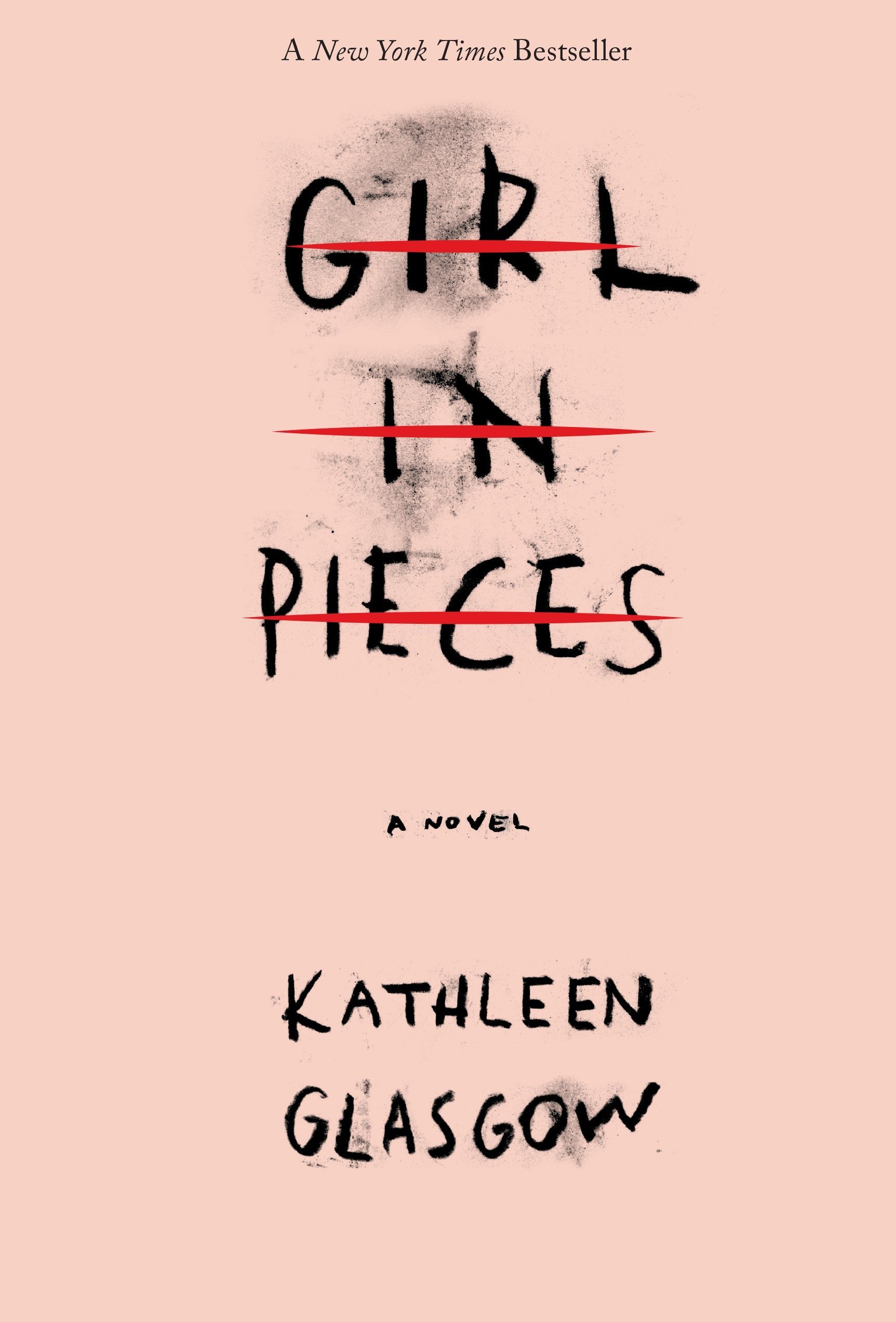
Charlotte "Charlie" Davis lived through a nightmare of a childhood, to put it lightly. Her father drowned himself when she was young. Her mother hit her frequently. Charlie had run away from home and ended up living in a "sex house." She ran away from there too, and lived on the streets. Charlie drank, struggled with addiction, cut herself.
Sometime the book begins, she was attacked by a man under an overpass, and found practically bleeding to death by two of her friends, who took her to a nearby hospital. After she recovered, she was sent to Creeley, a residential clinic for women who have led a traumatic life and/or have depression which has led them to self-harm, attempt suicide, or both. When we meet Charlie, she is already at Creeley.
During her stay, Charlie refuses to speak, instead writing out what she wants to say. She refuses to talk about her past, preferring to try and forget about it instead. Eventually, Charlie is discharged from the clinic after her grandmother is unable to pay for her stay. Charlie must live with her mother until a halfway home becomes available.
Charlie's mother knows that she is unable to care for Charlie, and she also knows that Charlie won't want to live with her. She gives Charlie money, some basics and toiletries, a bus ticket, and directions to find and friend of Charlie's in Arizona. This friend, Mike, will help her.
Mike gives her a temporary place to live, and Charlie finds a job working as a dishwasher at a diner. She starts having a relationship with a man named Riley West, her boss's brother. Riley uses drugs and is often drunk, But Charlie trusts him. Even when he sends her to buy drugs for him. Even when she has to go to his house every morning to wake him up for work. Even when he won't share a bit of his past with her after she tells him about hers.
Charlie is trying to break away from her addictions and her old habits. She learns to cope with her pain in other ways than cutting. She begins to enjoy things in life when before all she knew how to do was suffer. But she also knows that anything could happen to force her back into her old life. For example, her boyfriend Riley, whose behaviors are threatening to lure her back into that way of life.
Girl in Pieces is about a teenage girl who is haunted by memories of her past, no matter how hard she tries to forget. Author Kathleen Glasgow herself struggled with depression when she was younger, and now bears permanent reminders of her self-harming behaviors on her own skin. She writes that 1 in every 200 teenage girls reports self-harm, but the actual number is closer to 1 in 6. She says that it is very likely that you know someone who has self-harmed or is self-harming.
This story hits very close to home for me. Like I had said in a previous post, I have and still sometimes do struggle with depression, and I have taken it out on myself in ways that I wish I had never done.
If you or someone you know is struggling, please contact the National Suicide Prevention Lifeline or the National Child Abuse Hotline.
I recommend this for 15+. This book has excessive profanity, detailed mentions of sex, descriptions of self-harm and suicidal idealization, and many, many mentions of drug and alcohol abuse, among other things that would be overwhelming for younger readers. Mostly, it is up to the parents to decide whether or not the story line and plot isn't too much for their child. I am 14, and it was almost too much for me.
All in all, a heart-wrenching, emotional story that reveals the struggles that many teenagers in our society face today. Despite the book being difficult to get through in parts, I actually enjoyed the book. Maybe "enjoyed" is not the right word, given the subject matter. But it is an excellent book.

